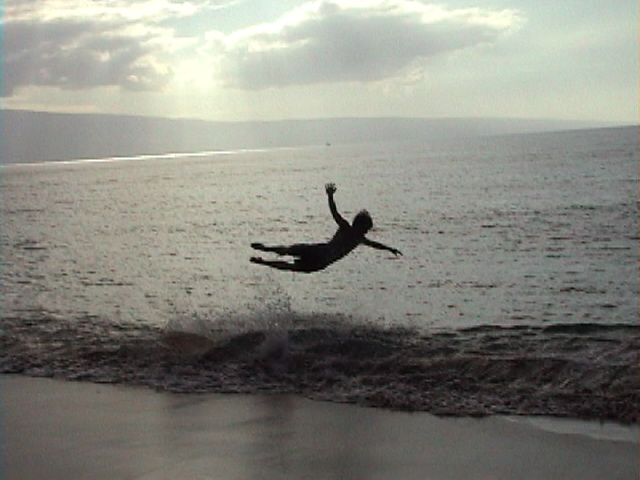Identify Me
More for the MIC Contest:
For fans of the Wilson Quarterly these next couple questions will be a piece of cake (hopefully that will tell you where they're from). Here's a solid quote:
By Herodotus' time, some of the greatest and most populous cities of the past (Ur, Nineveh) had declined to insignificance, leaving little more than the dried boned of what had once been thriving urban organisms. Babylon, Athens, and Syracuse were then in their glorious prime; within a few centuries, they would be supplanted by Rome and Alexandria.
The questions concerning my readings from the WQ are...
1) Who said the following:
"Gazing on such wonderful sights, we did not know what to do or say, or whether what appeared before us was real, for on one side, on the land, were great cities; and in the lake ever so many more, and the lake itself was crowded with canoes, and in the Causeway were many bridges at intervals, and in front of us stood the great City of Mexico."
2) What "transformation" is being referred to in the quote below?
This transformation, according to the historian Stefano Bianca, "sapped the shaping forces of a cultural identity," leaving behind a population alienated from its increasingl Westernized environment."
I'd recommend Miles Hoffman's article, Music Without Magic, but I gotta warn you, the comments section can get outrageously scathing. It must be noted that Hoffman isn't attempting to create an argument that would persuade an expert in music theory (the article is, after all, published in the Wilson Quarterly), a fact that seems to escape some of the baleful critics and obscure commentators that swarmed over the piece. That being said, there are couple enlightening posts towards the bottom that eschew vitriol for informativeness.


No comments:
Post a Comment